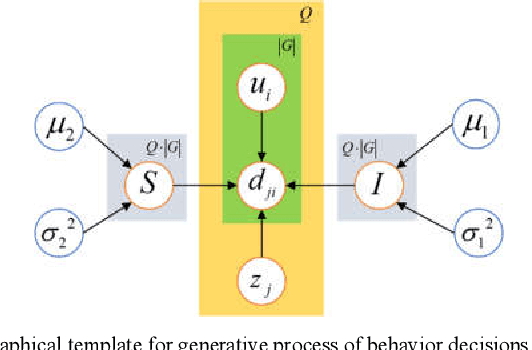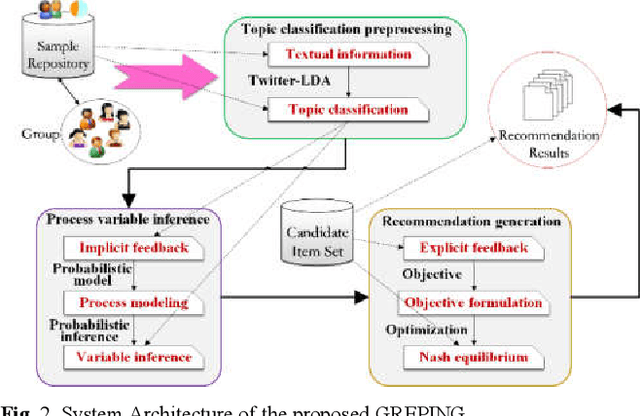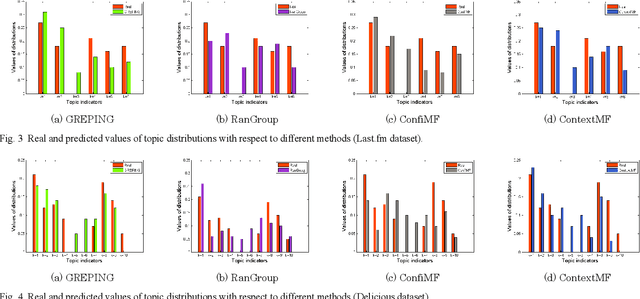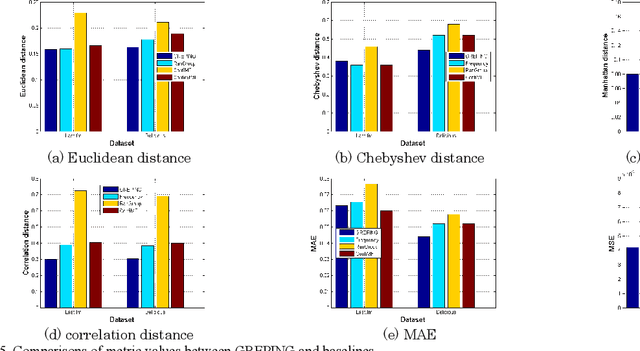Zhiwei Guo
DepFlow: Disentangled Speech Generation to Mitigate Semantic Bias in Depression Detection
Jan 01, 2026Abstract:Speech is a scalable and non-invasive biomarker for early mental health screening. However, widely used depression datasets like DAIC-WOZ exhibit strong coupling between linguistic sentiment and diagnostic labels, encouraging models to learn semantic shortcuts. As a result, model robustness may be compromised in real-world scenarios, such as Camouflaged Depression, where individuals maintain socially positive or neutral language despite underlying depressive states. To mitigate this semantic bias, we propose DepFlow, a three-stage depression-conditioned text-to-speech framework. First, a Depression Acoustic Encoder learns speaker- and content-invariant depression embeddings through adversarial training, achieving effective disentanglement while preserving depression discriminability (ROC-AUC: 0.693). Second, a flow-matching TTS model with FiLM modulation injects these embeddings into synthesis, enabling control over depressive severity while preserving content and speaker identity. Third, a prototype-based severity mapping mechanism provides smooth and interpretable manipulation across the depression continuum. Using DepFlow, we construct a Camouflage Depression-oriented Augmentation (CDoA) dataset that pairs depressed acoustic patterns with positive/neutral content from a sentiment-stratified text bank, creating acoustic-semantic mismatches underrepresented in natural data. Evaluated across three depression detection architectures, CDoA improves macro-F1 by 9%, 12%, and 5%, respectively, consistently outperforming conventional augmentation strategies in depression Detection. Beyond enhancing robustness, DepFlow provides a controllable synthesis platform for conversational systems and simulation-based evaluation, where real clinical data remains limited by ethical and coverage constraints.
Secure Artificial Intelligence of Things for Implicit Group Recommendations
Apr 23, 2021



Abstract:The emergence of Artificial Intelligence of Things (AIoT) has provided novel insights for many social computing applications such as group recommender systems. As distance among people has been greatly shortened, it has been a more general demand to provide personalized services to groups instead of individuals. In order to capture group-level preference features from individuals, existing methods were mostly established via aggregation and face two aspects of challenges: secure data management workflow is absent, and implicit preference feedbacks is ignored. To tackle current difficulties, this paper proposes secure Artificial Intelligence of Things for implicit Group Recommendations (SAIoT-GR). As for hardware module, a secure IoT structure is developed as the bottom support platform. As for software module, collaborative Bayesian network model and non-cooperative game are can be introduced as algorithms. Such a secure AIoT architecture is able to maximize the advantages of the two modules. In addition, a large number of experiments are carried out to evaluate the performance of the SAIoT-GR in terms of efficiency and robustness.
Implicit Feedback-based Group Recommender System for Internet of Thing Applications
Jan 29, 2021



Abstract:With the prevalence of Internet of Things (IoT)-based social media applications, the distance among people has been greatly shortened. As a result, recommender systems in IoT-based social media need to be developed oriented to groups of users rather than individual users. However, existing methods were highly dependent on explicit preference feedbacks, ignoring scenarios of implicit feedback. To remedy such gap, this paper proposes an implicit feedback-based group recommender system using probabilistic inference and non-cooperative game(GREPING) for IoT-based social media. Particularly, unknown process variables can be estimated from observable implicit feedbacks via Bayesian posterior probability inference. In addition, the globally optimal recommendation results can be calculated with the aid of non-cooperative game. Two groups of experiments are conducted to assess the GREPING from two aspects: efficiency and robustness. Experimental results show obvious promotion and considerable stability of the GREPING compared to baseline methods.
 Add to Chrome
Add to Chrome Add to Firefox
Add to Firefox Add to Edge
Add to Edge